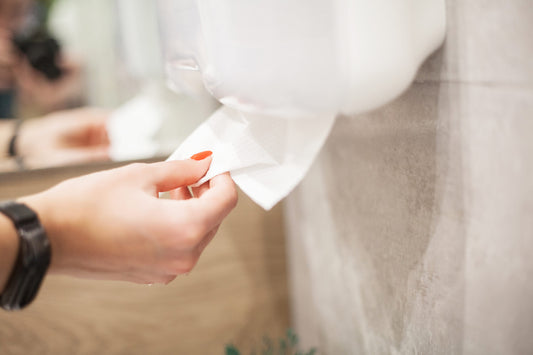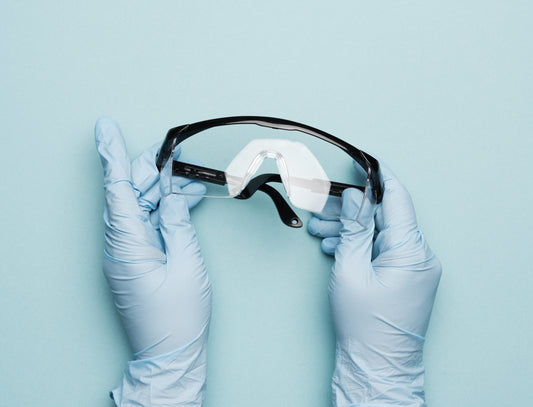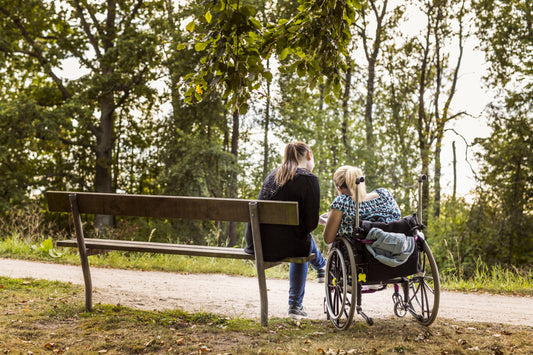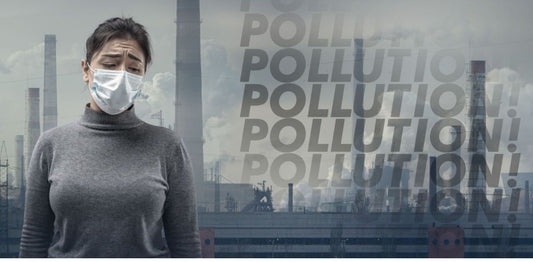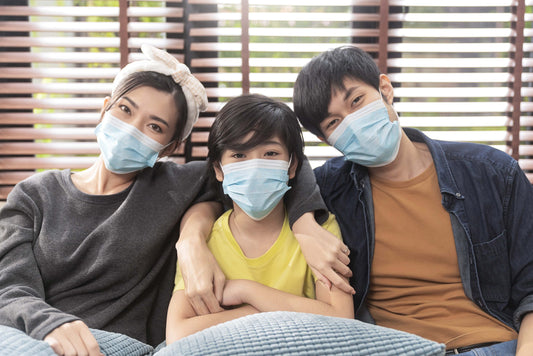
No Plastics Please – Micro or Macro
Did you know that half of all plastic produced today is intended to be single use? From bottled water, to plastic wrapping, to grocery bags, single use plastics are rampant in our everyday lives and many of us choose to ignore the long-lasting harmful effects of plastic use in favour of the convenience and usefulness they provide. But it doesn’t end at single use plastics. Microplastics, or plastic particles measuring less than 5mm in length, have become one of the biggest environmental issues of the 20th century. They have been found in countless everyday products, many of which are household staples across Canada, including synthetic clothing, dishwashing tablets, teabags, soaps and even laundry detergent. Due to the size of these microplastics it’s extremely difficult to filter them through our water management systems – meaning that thousands and thousands of these microplastic particles are entering our drinking water everyday. So, what can we do about it?
Luckily for us, many companies and individuals alike are trying to find more green alternatives to the abundance of plastic products and plastic materials used in production of other items. Plastic alternatives do drastically decrease plastic pollution within the environment, but they still contain certain levels of non-biodegradable plastic material that can take up to 400 years to break down in a landfill, according to National Geographic. The best alternatives we have for plastic and plastic alternatives are recycled materials and biodegradable materials. Recycled materials can include plastic products, but by not producing more plastic and instead opting to re-use plastics already in circulation we are reducing the amount of new plastic being produced. In a report by Ritchie and Roser, it’s stated plastic production hit an all-time high in 2019, with 368 tonnes of new plastic being produced – reducing in 2020 due to the pandemic. Less than 20% of the plastic being produced is recycled, meaning it’s now more important than ever to re-direct as much plastic as we can from landfills and the ocean. Biodegradable products are the better option overall – they break down much faster than artificial materials and are far less harsh on the environment.
Bamboo, beeswax wrapped cloths and wood & paper products are all great alternatives to commonly used plastic items, such as utensils, sandwich/snack bags, and many forms of plastic packaging. Many people are opting to make these easy switches as these products become more widely available on the market via brands like Tru Earth, Nature Bee Wraps, and more. Tru Earth not only supplies products that combat common large plastic products, but they also supply alternatives to traditional laundry detergent – one of the largest culprits when it comes to microplastics. They have released an innovative line of laundry strips, which are sheets of laundry detergent sectioned into single-load segments. To use them it’s as simple as tearing of a strip (or two if your laundry is more heavily stained) and throw them in the washing machine drum along with your soiled laundry. Wash as normal – with a hot or cold cycle – and watch as the sheets work just as well if not better than regular liquid or pod detergents.
Many people go about their days not paying any mind to the enormous amount of plastic that is being used each and everyday by both corporations and individuals, because there are rarely immediate consequences to said use. Our future generations are the ones who will be suffering from our current usage of plastic, unless we start making drastic changes today. By making simple swaps like the ones mentioned in this blog, we can all easily contribute to combating various environmental issues such as plastic pollution and climate change.


